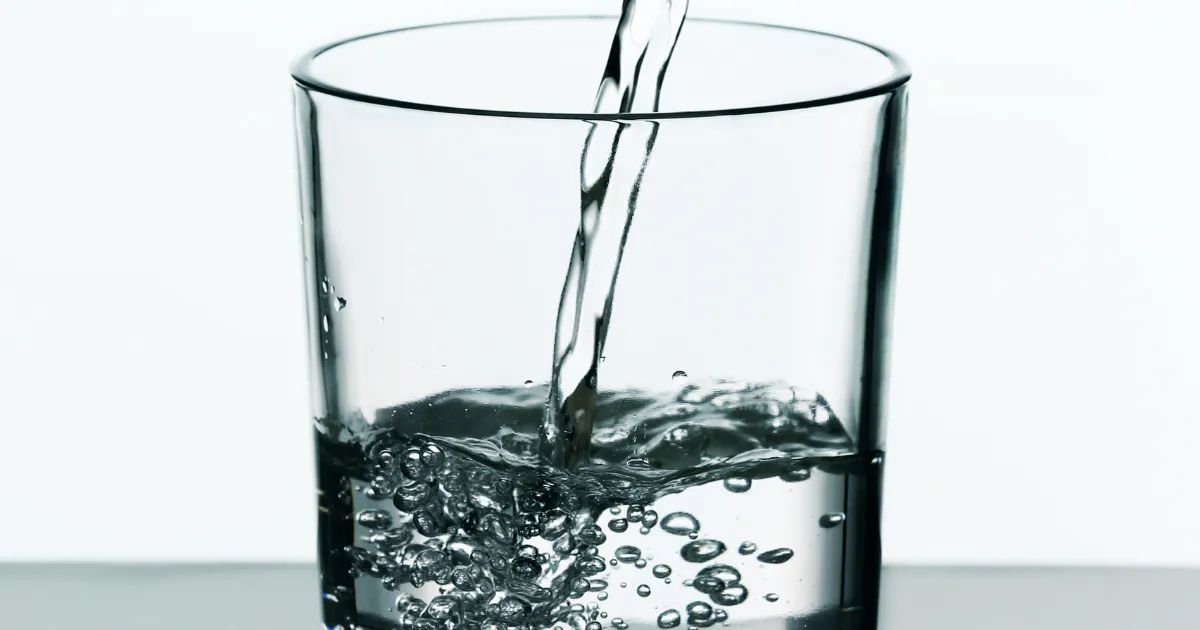
Hydration is Linked to Wellness
Proper hydration is a vital component to overall health and wellness. Staying hydrated is essential and helps the body perform more effectively and efficiently. It not only affects how we physically feel but also affects cognitive function and mental health. The human body can last weeks without food but only a few days without water. It is integral to the health of every single cell in our bodies.
Even moderate amounts of dehydration affect cognitive function, memory, and mental wellbeing. As little as a 2% drop in hydration has been clinically proven to have negative consequences on brain health. Mental health wellness has been shown to have direct effects from hydration levels including rates of anxiety and depression. Water levels are also known to decrease in warm weather and with physical exertion.
It may come as no surprise but hydration has a direct correlation on our energy levels as well. The heart has to work harder to support our circulatory system while it pumps blood through our bloodstream delivering oxygen to our cells if there is a lack of hydration in our body. This may result in your body feeling sluggish and weak or even affect the brain’s ability to focus.
Sufficient hydration levels may also play a role in the body’s ability to maintain a healthy weight. Often, the body confuses signs of hunger due to dehydration. Hydration allows our body to experience feelings of fullness which may cause a person to consume less calories overall. Proper hydration levels can also help boost metabolism which can keep weight in check.
Hydration helps support the body’s detoxification system by eliminating waste and toxins. Adequate hydration helps support our organs function at their optimal levels and in essence allows them to effectively perform, which includes our elimination system. Without the hydration needed, our waste removal system becomes stagnant allowing waste to accumulate.
The cartilage in our joints contains nearly 80% water, meaning that dehydration has direct effects on joint pain. By providing our joints with sufficient hydration, it allows the cartilage to be more supple and provide more of a cushion to prevent pain. Hydration helps create less friction which translates to fewer aches and pains overall.
IV nutritional therapy helps prevent dehydration by delivering hydration directly into your bloodstream. IV fluids also help balance electrolyte levels and reduce the symptoms of dehydration as well. This allows your body to absorb hydration and helps fluids circulate quickly to rapidly replenish hydration.

